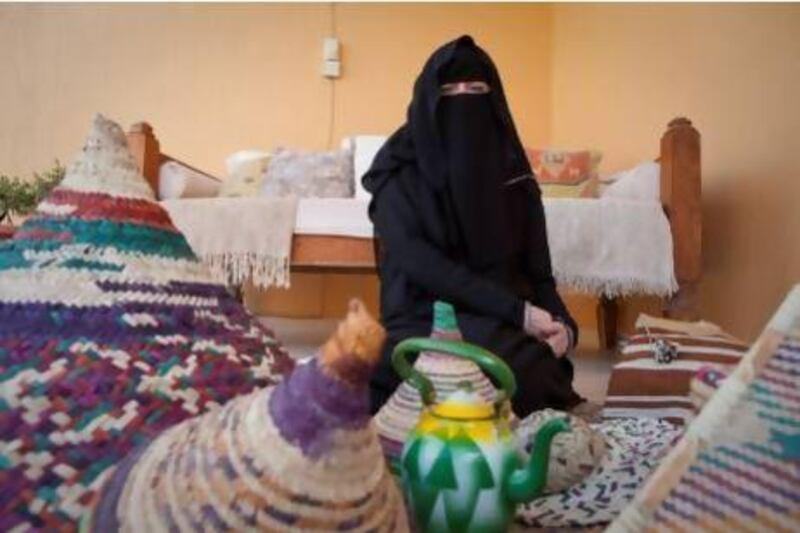Amal Loring is a British expat who has lived and worked in the UAE for 16 years. She is a convert to Islam and is married to an Emirati. She uses her expertise of both cultures to hold workshops for business people and uses the handmade products of local craftswomen from the northern Emirates to explain the real culture of the UAE.
You are a cultural intelligence coach. What does this mean?
Cultural intelligence is described as the ability to be effective across various cultural contexts. My tagline is “there is a thin black line between what is religion and what are traditions and ways of life”. With my work, I hope to make these boundaries less blurred.
Why is that important in the UAE?
As of last year, official figures said that 203 different nationalities live and work in the UAE. Of those, only 11 per cent are Emiratis and so, in this busy and expanding metropolis, there is a need to understand our host nation. After Emiratisation, the need to understand Emiratis in key positions as well as coworkers is increasingly important.
What are you trying to convey in your workshops?
While there is no secret recipe for effective international co-operation, it is important to stop people from making instant judgements or assumptions. I also want to show people that not all differences are cultural; some are personality based or simply technical ones. I also want to share examples of local entrepreneurs that are inspiring. Leaders need to have global and cultural competencies in order to be effective.
Is this why you use the women in the Sougha Project?
The Sougha Project, organised by the Khalifa Fund, empowers local men and women to make a profit from handicraft industries. The products are carbon efficient, environmentally sustainable and, most of all, the love and energy that goes into producing them is wonderful, rather than mass-produced items.
What is the biggest misconception about Emiratis?
That they are unapproachable and easily offended; that they are all rich and powerful and can get you thrown out of the country and that they are lazy and always late. Also, it is wrong to think that everyone who wears a kandura is an Emirati – they are not.
• For more info about the workshops and other projects, visit www.mindbodydynamixs.com
Follow us
[ @LifeNationalUAE ]
Follow us on Facebook for discussions, entertainment, reviews, wellness and news.





